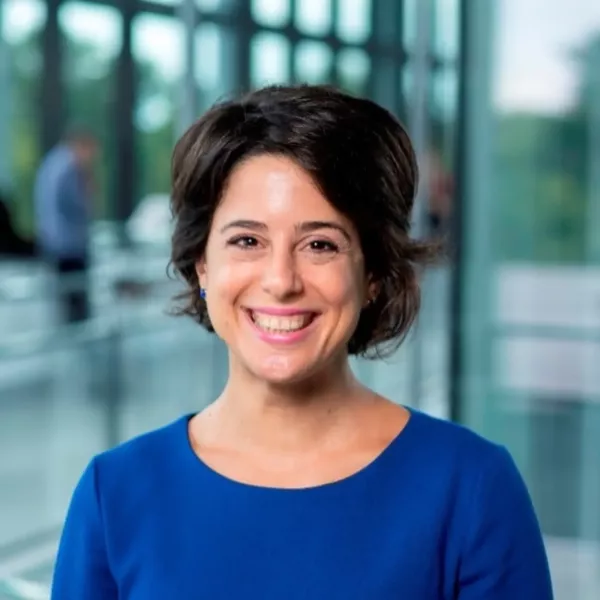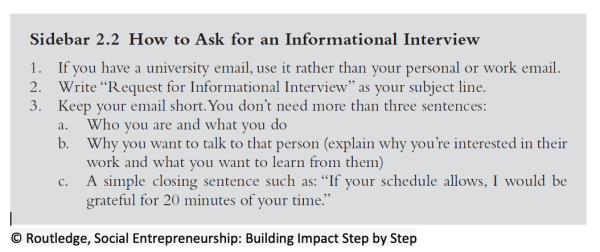You have /5 articles left.
Sign up for a free account or log in.
We don’t talk about MOOCs much anymore. But massive open online courses never went away. Lifelong learners and career knowledge builders have never been as spoiled for choice as they are now regarding access to high-quality, free online learning experiences.
One example of a fantastic free online course on Coursera is called Creating Change Through Social Entrepreneurship, developed and taught by Teresa Chahine, a professor at the Yale School of Management.
I was curious as to why a professor pulled in all the directions that professors are (research, teaching, service, life) would invest the time to create a MOOC. And why this MOOC in particular? Chahine graciously agreed to answer my questions.

Q: What inspired you to create this course on social entrepreneurship?
A: When I published my book last year, Social Entrepreneurship: Building Impact Step by Step, I wanted to make the content accessible to everyone without barriers. Yale provided me with the opportunity to create a free online course hosted on Coursera.com, guiding learners through the 10-stage framework for creating social change that I present in my book.
It was so fun to present this information in a video format. I felt like I got to speak directly to my learners, looking through the camera’s lens and imagining who might be watching on the other side. So far, I’ve heard from learners in the Philippines, France, Jordan, Brazil, U.S., Lebanon, Nigeria, South Africa and so many other countries! I feel that each person wants to make their contribution in this world, and this course can help.
Q: There are other social entrepreneurship courses from reputable institutions on Coursera; what makes your course different? Can you share any unique features or experiences that students can expect?
A: This course is very practical. I guide students through the 10-stage framework for creating social change, using practical, hands-on approaches to immerse themselves in a cause they are passionate about. Starting with thorough research and community engagement, students get to ideate practical solutions, build business models around them, learn how to measure social change, ensure financial viability and secure funding.
One of the hardest parts of creating social change is getting started. I ask my students to get out there and talk to as many people as possible about the topics they care about, to learn from and listen to others who are involved. When I was a student trying to learn more about social entrepreneurship, I used a simple formula to request informational interviews from people I hadn’t met. I share this with my students and ask them to reach out to as many people as they can. Here is an extract from my book that summarizes this template:

This simple template usually gets a pretty high response rate! If you don’t have a university email, you can absolutely still use a work or personal email. Don’t hesitate to follow up until you hear back, and suggest potential times to get together. You can’t create social change until you first talk to as many people as possible about the problems you care about and your potential ideas for creating change.
Q: What are some common challenges that aspiring change makers face, and how does your course equip learners with the tools and strategies to overcome these obstacles confidently?
A: Honestly I think the main challenge is that many of us wait to have the perfect idea before we take action. We feel that unless we can really make a huge difference and transform the problem, there’s no point in trying. I want my students to understand that most social change happens in a very incremental and collective way.
Whether you’re implementing a new recycling program in your neighborhood or office or changing the entire recycling policy for your city or state, this framework helps you get started. Each and every person, no matter who you are, no matter what your job, education, economic or social situation is, has the opportunity to connect with others and create a contribution. It can often feel daunting, not knowing where to start. That’s how this course helps, by making you do it, even just for practice. Then you can figure out what your unique path to creating your contribution might be. And you can be part of a community of learners that can support you!




